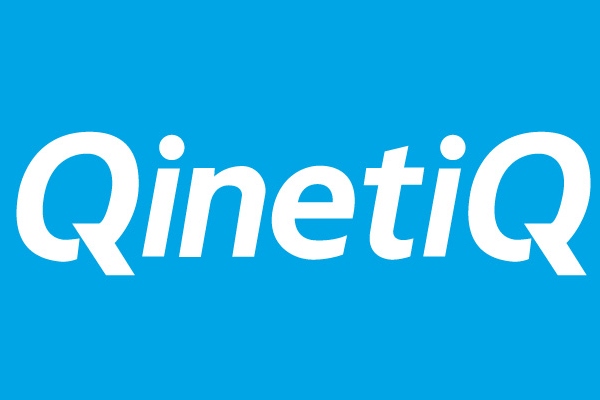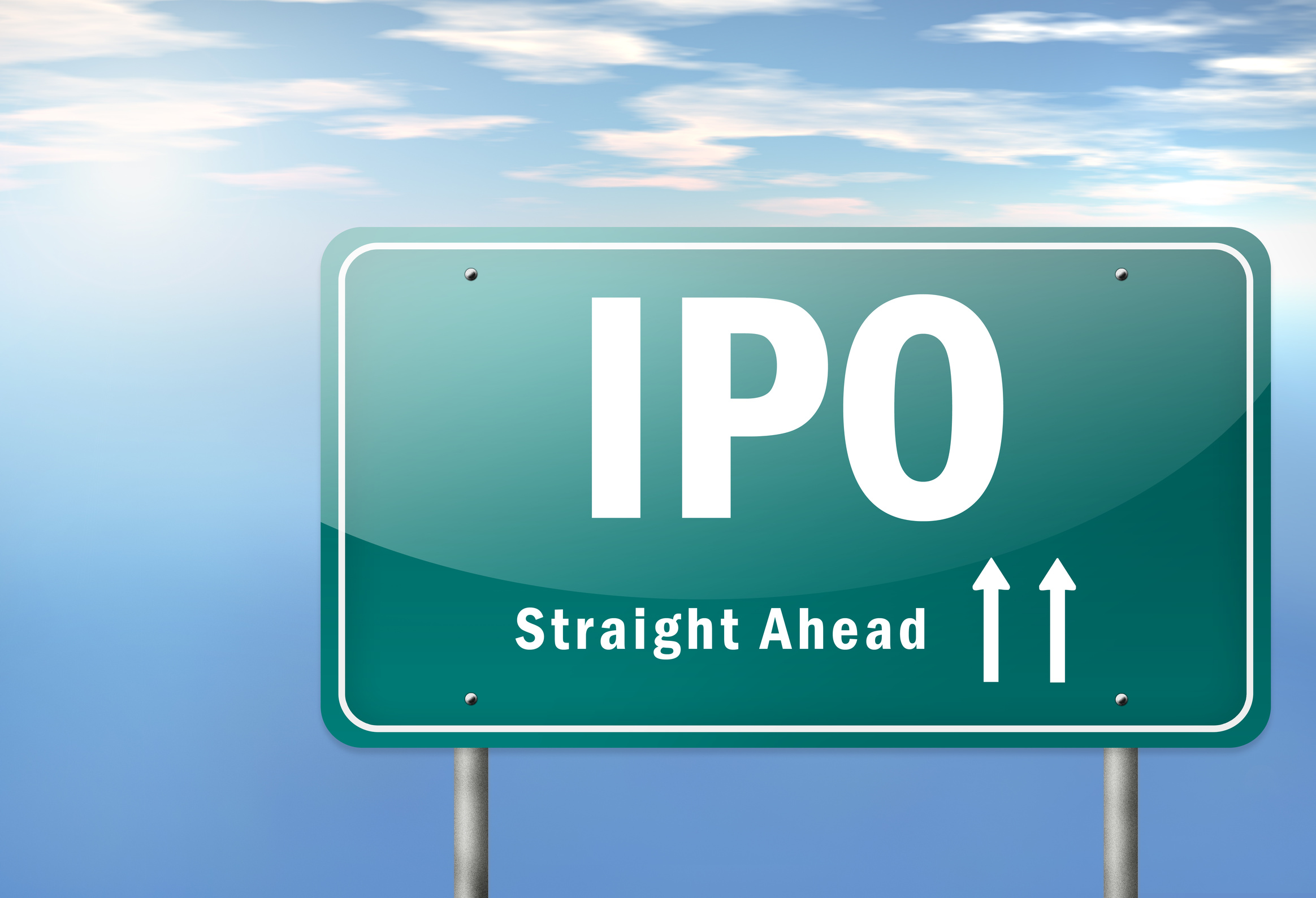Qinetiq deal cost taxpayers £100 million
The Committee of Public Accounts has questioned the value taxpayers got out of the privatisation process of the defence firm, criticising the 2003 deal process and its subsequent position as trusted MOD advisor.


The Committee of Public Accounts (PAC) today issued a damning report on its review of the privatisation of Ministry of Defence (MOD) technology spin-off Qinetiq.
Overall, the PAC said the 2003 deal to privatise Qinetiq had been successful in protecting the viability of this business of strategic importance to UK defence interests.
But Edward Leigh MP, chairman of the Committee of Public Accounts added: "The MOD conducted the deal like an innocent at a table of cardsharps, with the taxpayer the fall guy losing out on nearly 100 million."
Created out of the Defence Evaluation and Research Agency (DERA) in 2001 as a means of addressing the declining defence research budget, Qinetiq was spun off in two stages: the sale of a minority stake in the business to the private equity firm, the Carlyle Group in 2003 and a flotation on the London Stock Exchange in 2006.
The PAC report found weaknesses in the 2003 sale process, and the National Audit Office have estimated that the taxpayer could have received 90 million more from the privatisation. The MOD continues to hold a 19 per cent shareholding in the company.
Leigh added: "The MOD pushed ahead with the sale at the worst possible time and then weakened the competition among bidders by eliminating them at too early a stage. Carlyle was appointed preferred bidder with major price sensitive issues still unresolved, leaving that firm with an unbeatable hand in subsequent negotiations about the value of Qinetiq. And then the MOD even refunded Carlyle's bid costs."
In a damning indictment of the senior public servants managing Qinetiq and its impartiality in sensitive UK defence affairs in future, he added that they had "behaved dishonourably," particularly pointing to the negotiation of their own incentive scheme with Carlyle before the firm was appointed preferred bidder.
Get the ITPro daily newsletter
Sign up today and you will receive a free copy of our Future Focus 2025 report - the leading guidance on AI, cybersecurity and other IT challenges as per 700+ senior executives
"The design of the scheme contributed towards the top ten managers receiving a return on their own investment of 200 times. This is nothing less than profiteering at the expense of the taxpayer. Never again should public servants be permitted to pursue such a self-interested stratagem," he added.
Qinetiq issued a statement in response that "strongly refuted" the PAC's "accusations". "Once the government had made its decision [on the public private partnership], the management team focused on the successful delivery of the selected option andan incentive scheme for employees was put in place to ensure its success," it stated.
"The final structure of the incentive scheme was negotiated between Carlyle, as purchaser, and Government, as vendor, once Carlyle was appointed as preferred bidder." It added that the taxpayer had received approximately 1 billion worth of value from that organisation, "which was previously considered a substantial financial liability".
Qinetiq also said it would be publishing a more detailed response to the PAC report on its website in due course.
A 25-year veteran enterprise technology expert, Miya Knights applies her deep understanding of technology gained through her journalism career to both her role as a consultant and as director at Retail Technology Magazine, which she helped shape over the past 17 years. Miya was educated at Oxford University, earning a master’s degree in English.
Her role as a journalist has seen her write for many of the leading technology publishers in the UK such as ITPro, TechWeekEurope, CIO UK, Computer Weekly, and also a number of national newspapers including The Times, Independent, and Financial Times.
-
 Truss seeks last-ditch SoftBank meeting over Arm IPO
Truss seeks last-ditch SoftBank meeting over Arm IPONews Gov said to want a dual New York-London listing, at the very least
By Bobby Hellard
-
 Pivotal believes IPO will net $592 million
Pivotal believes IPO will net $592 millionNews Dell's cloudy subsidiary details IPO plans in filing
By Clare Hopping
-
 Slump raises questions over tech IPO valuations
Slump raises questions over tech IPO valuationsNews Shares in major tech firms dip, but are more losses to come?
By Zach Marzouk
-
 Spotify 'might ditch an IPO in favour of direct listing'
Spotify 'might ditch an IPO in favour of direct listing'News Report - move would see the company bypass institutional investors
By Adam Shepherd
-
 CLA CIO Adam Sewell on selecting Microsoft Azure for ‘contractual reasons’
CLA CIO Adam Sewell on selecting Microsoft Azure for ‘contractual reasons’In-depth Cloud has brought issues with contracts, terminology and skills, says Sewell
By Sooraj Shah
-
 Snap IPO value hits $30 billion at close of market
Snap IPO value hits $30 billion at close of marketNews Shares jump 44% as investors get behind stock market debut
By Eleanore Ramsey
-
 European copyright law: how it affects you
European copyright law: how it affects youIn-depth The EU is looking to harmonise copyright law, and Google isn’t happy. But should you be?
By Web User
-
 Former employee accuses Snapchat of 'misrepresenting growth'
Former employee accuses Snapchat of 'misrepresenting growth'News The whistleblower is now suing Snapchat for intentionally "seeking to destroy his career and reputation"
By Dale Walker

